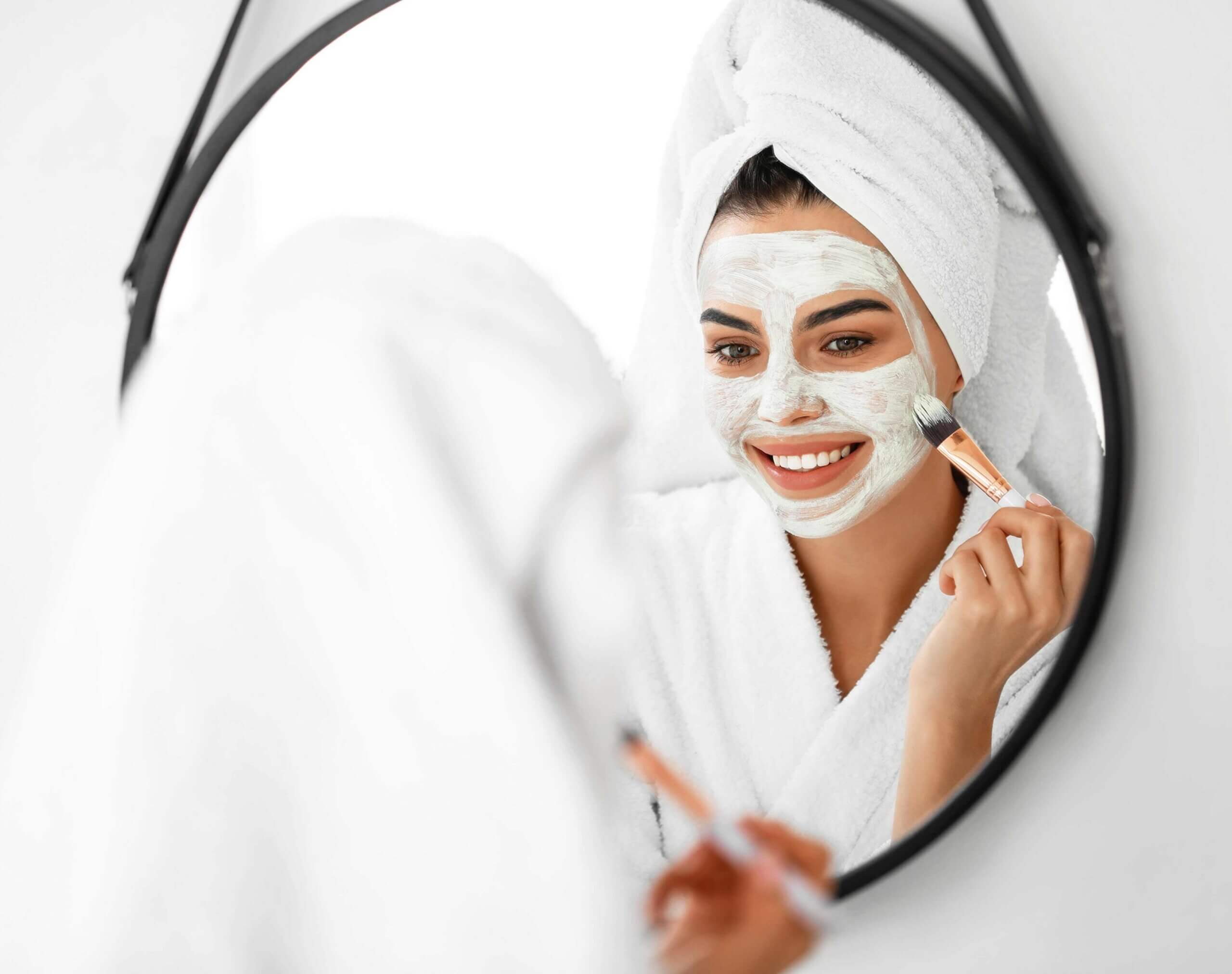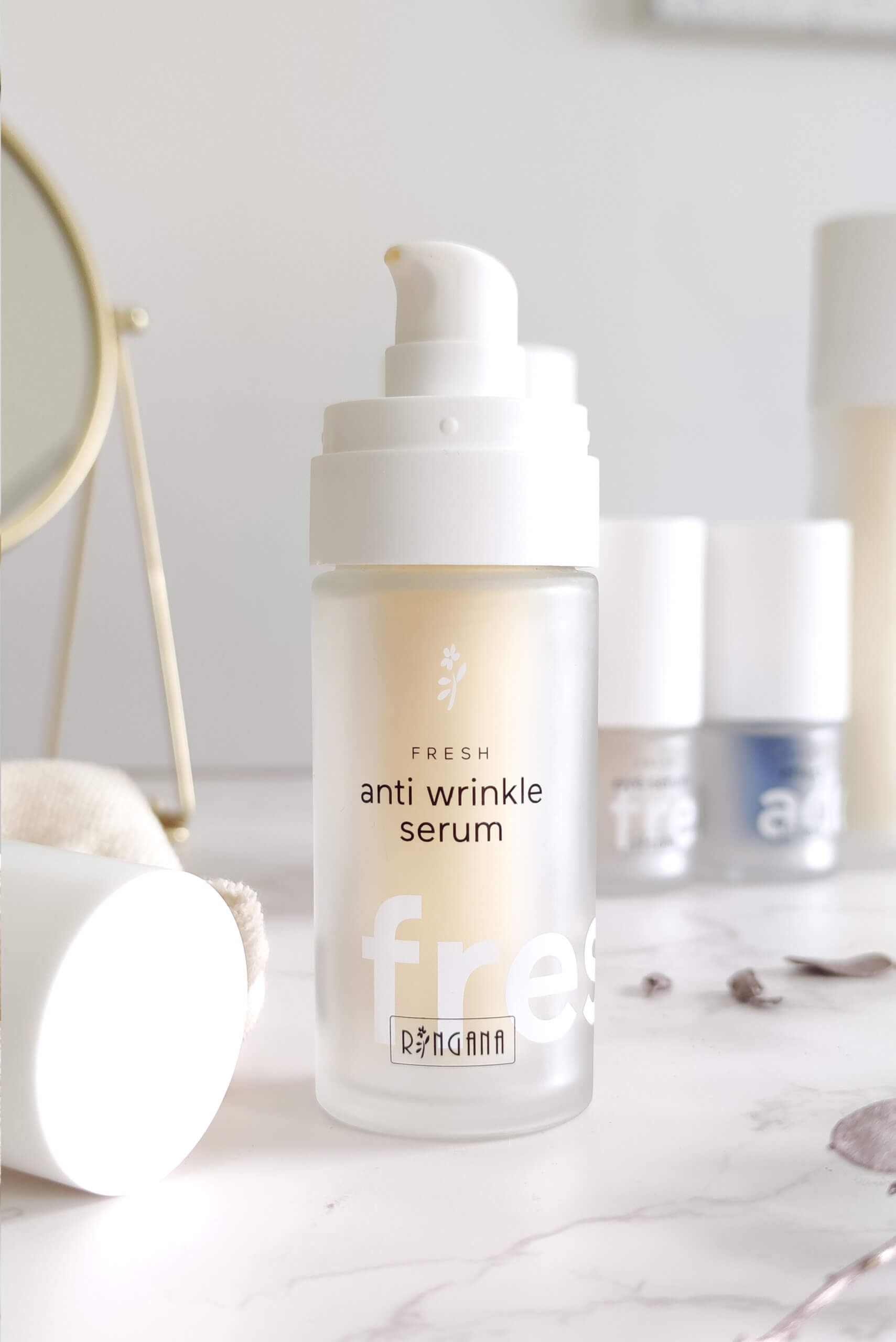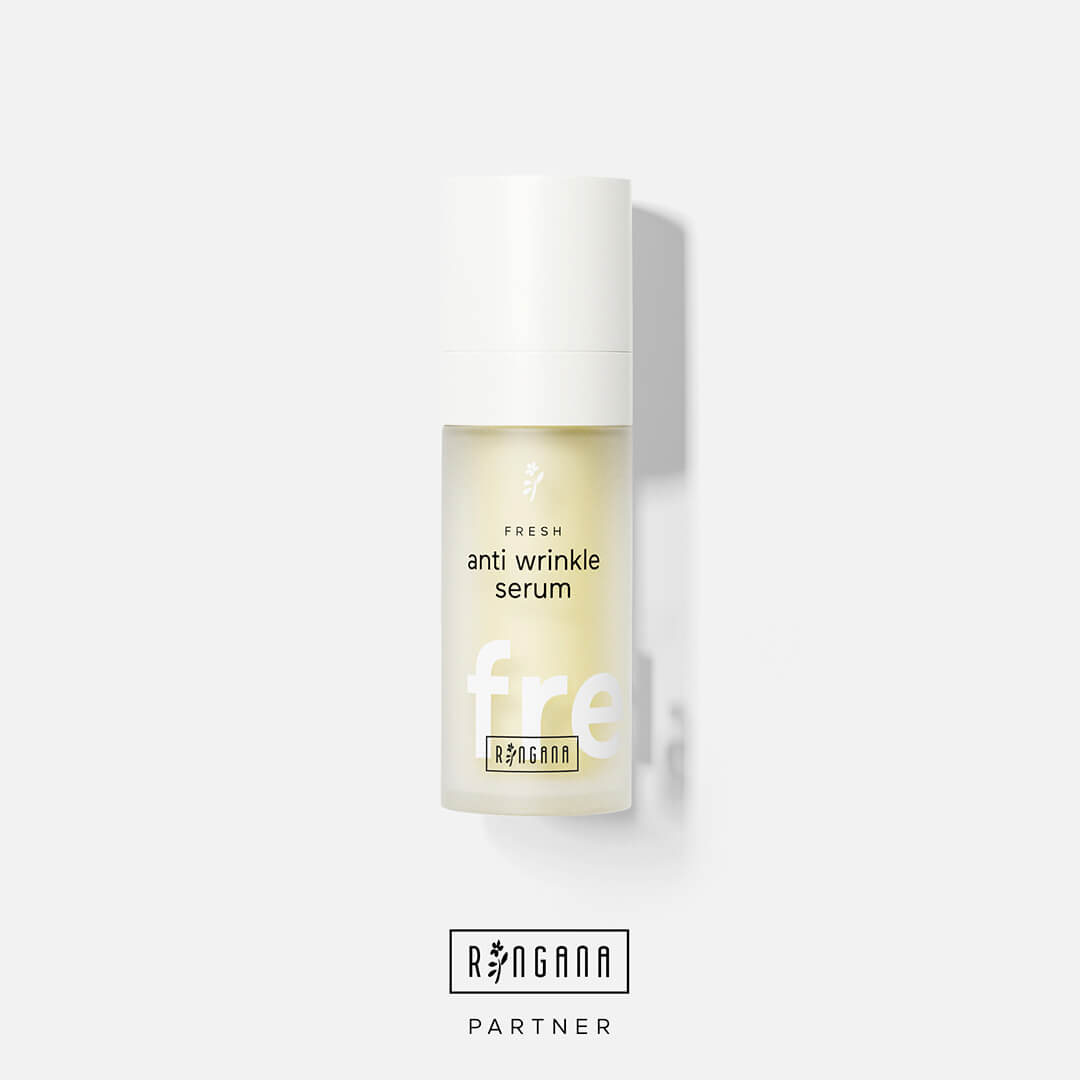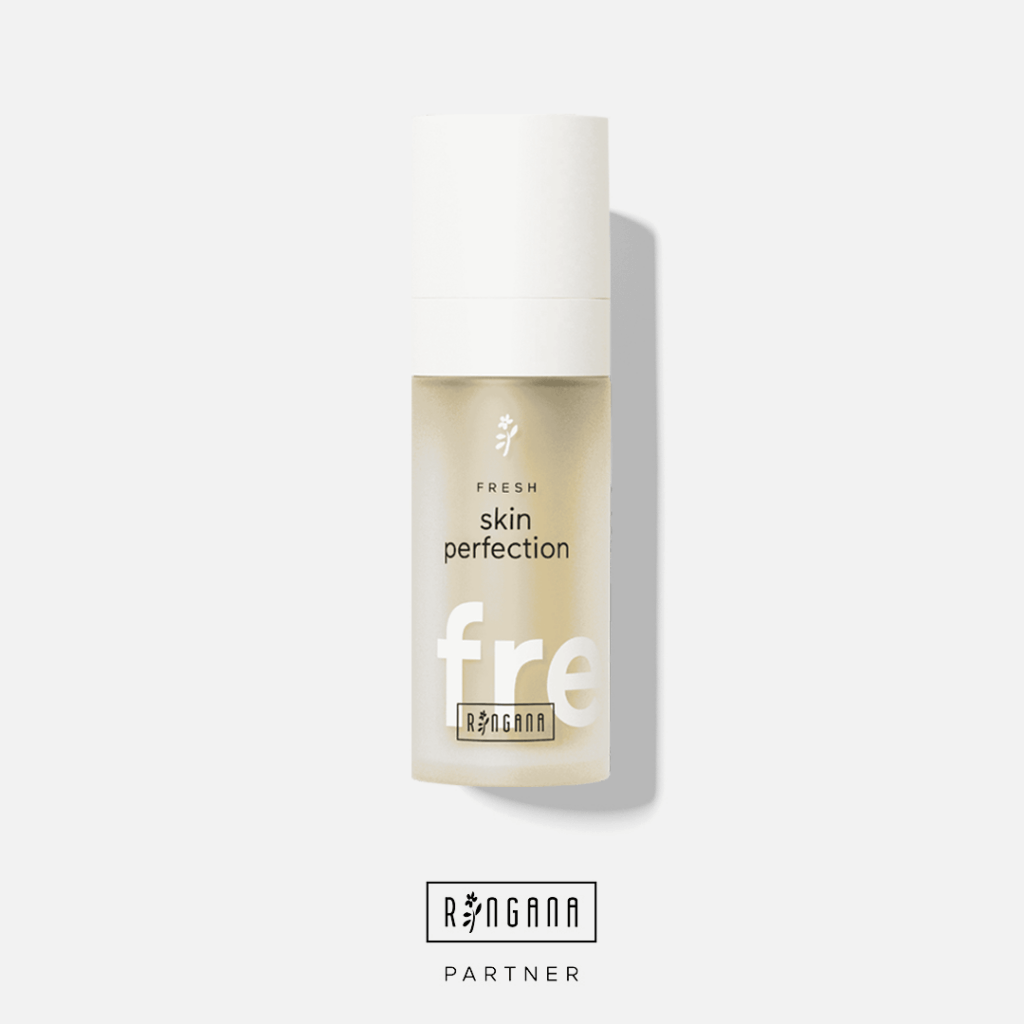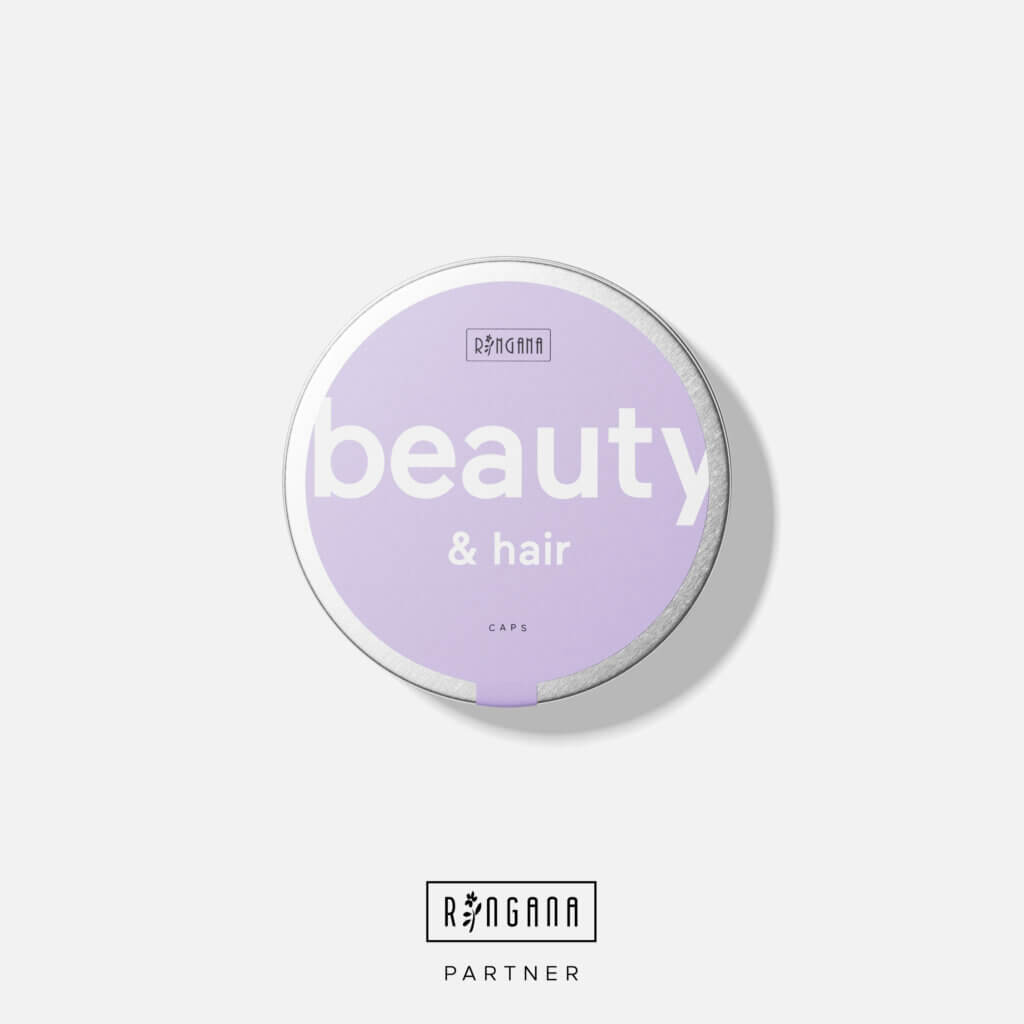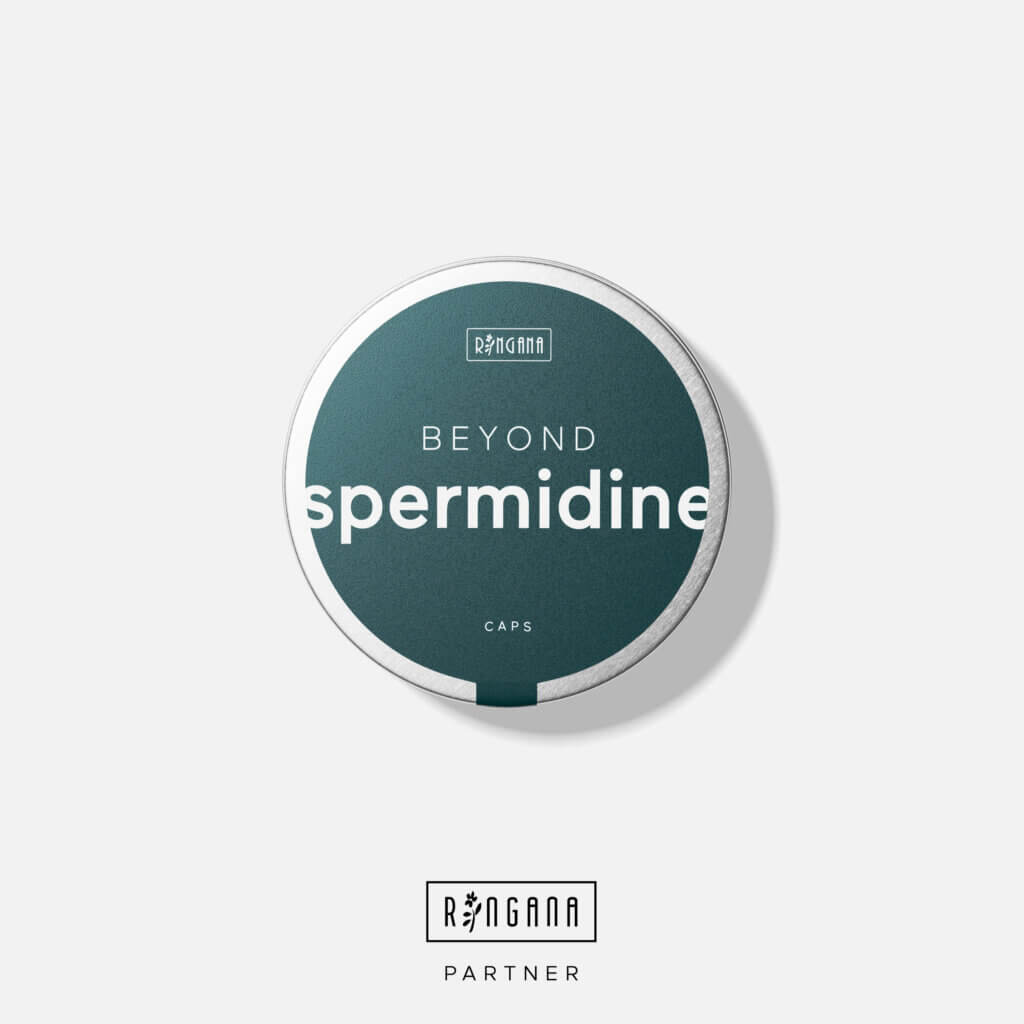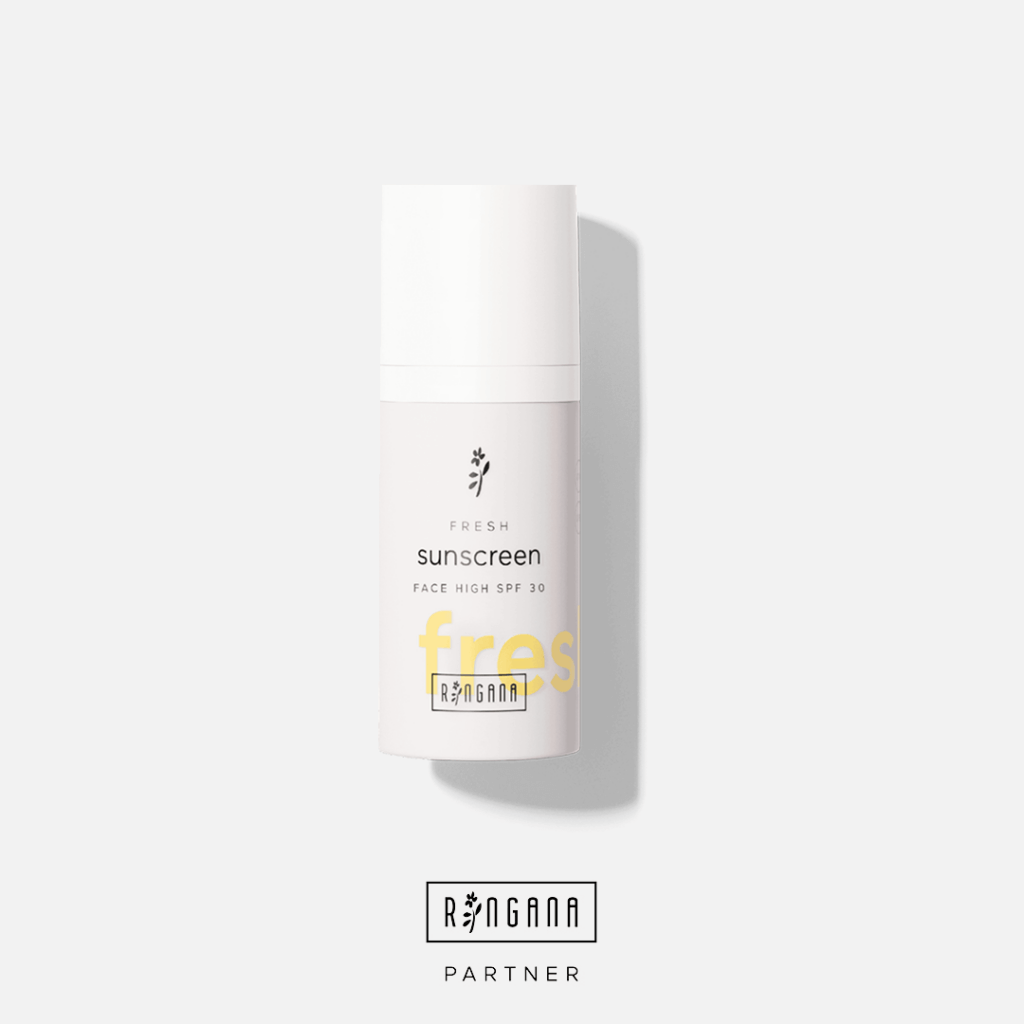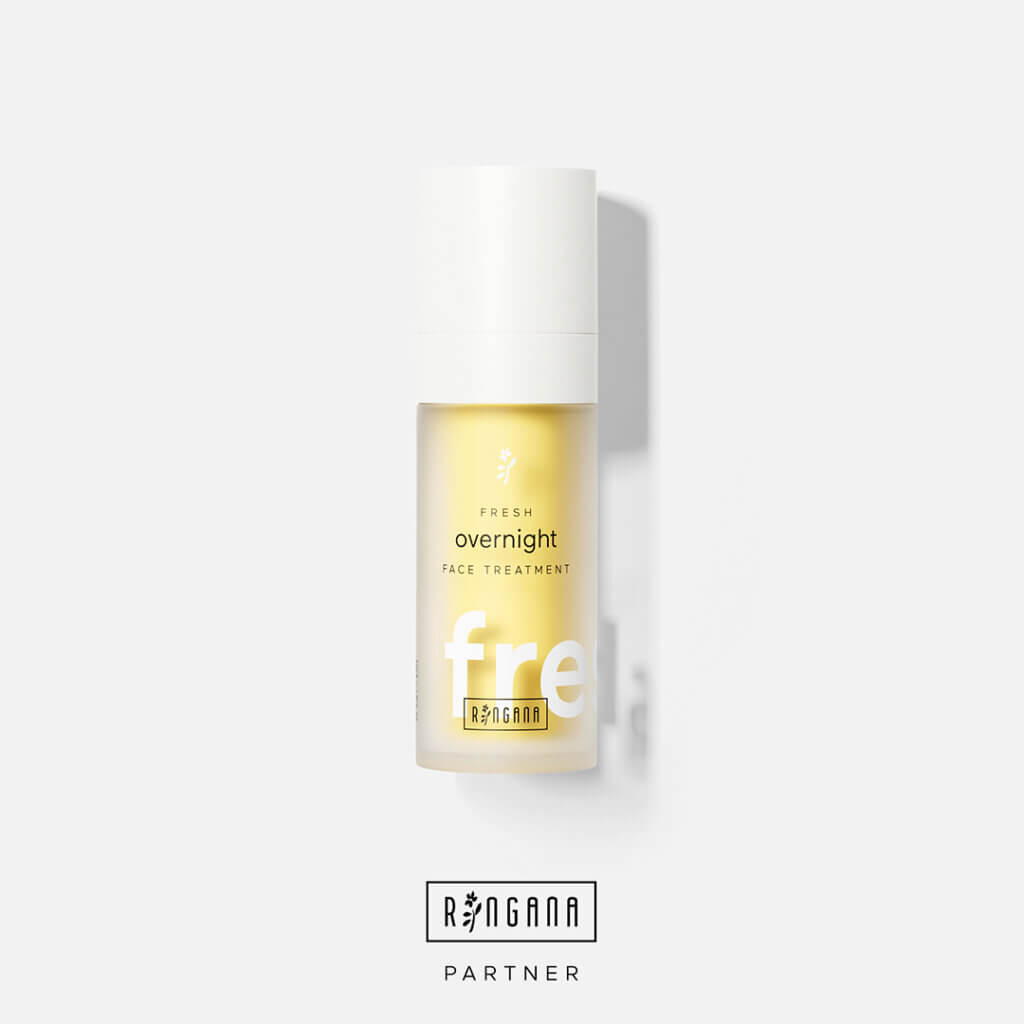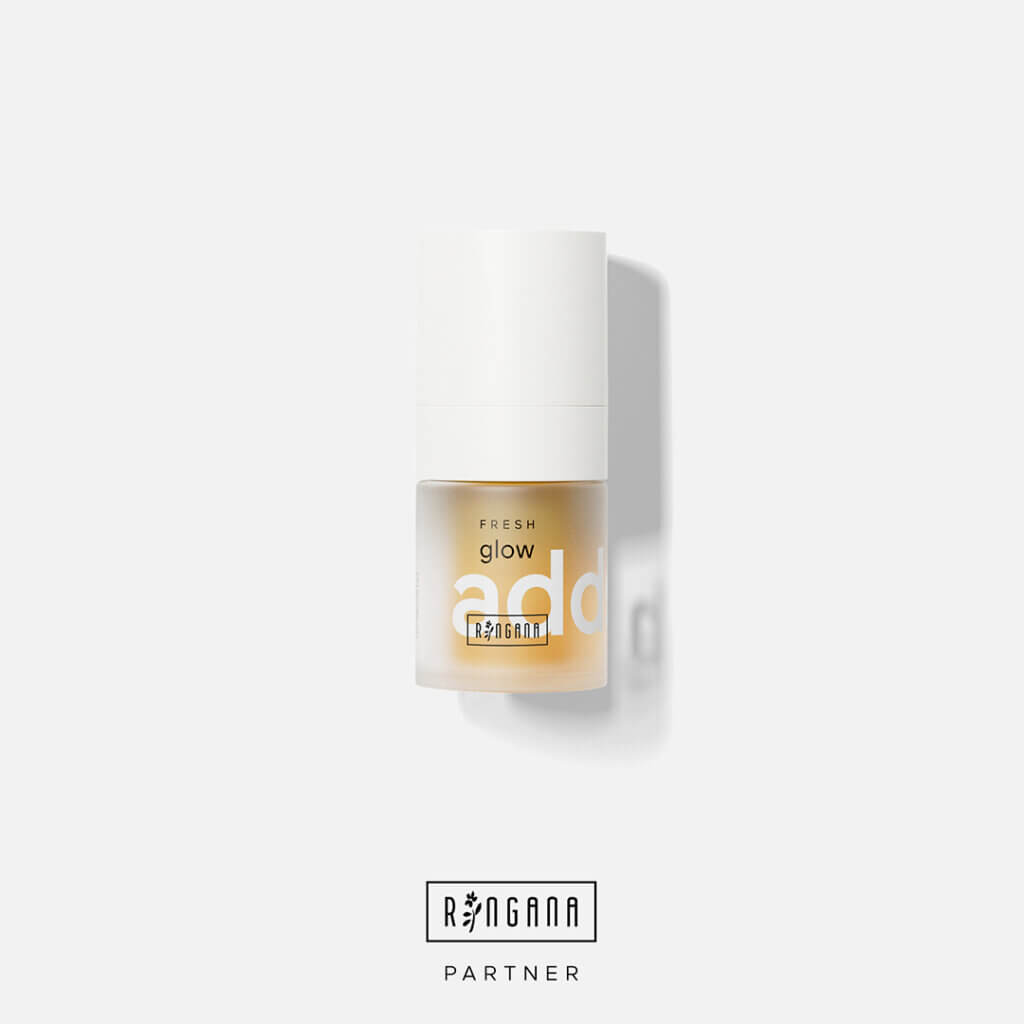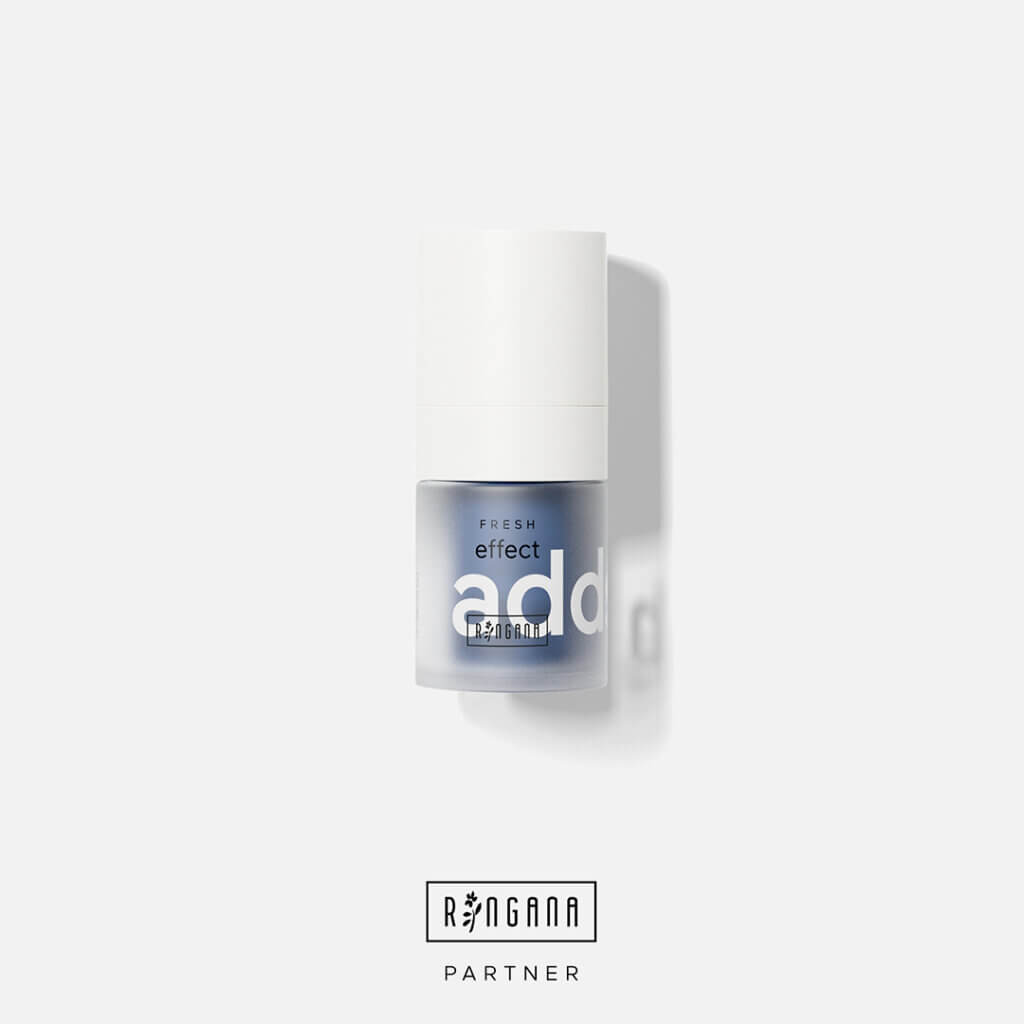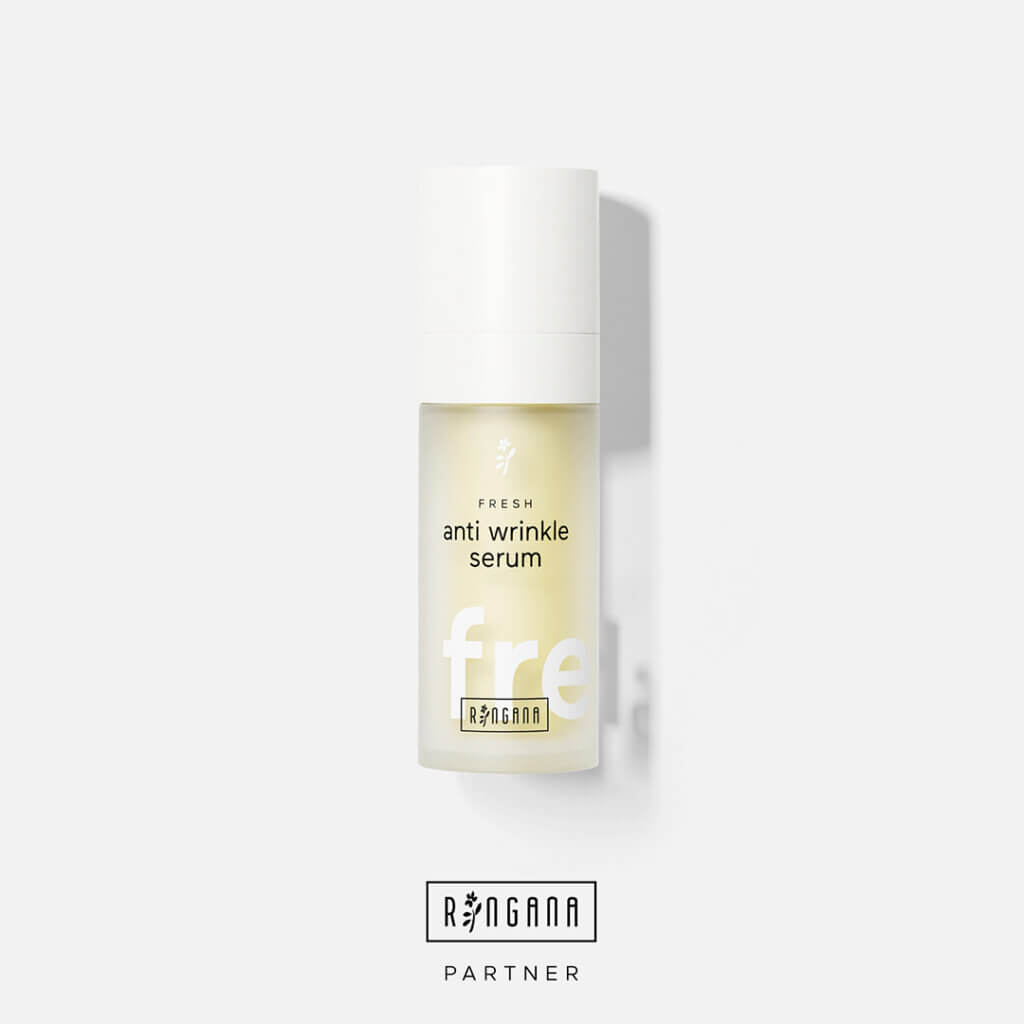Hello lovelies! Today I’d like to address a topic that concerns us all – anti-ageing. Regardless of gender and lifestyle, the pursuit of youthful beauty and health plays a central role in our lives. Every day as we grow older, we ask ourselves: how can we slow down the signs of ageing and continue to feel vital and dynamic? Let’s explore together why anti-ageing is equally important for women and men, how we can counteract this process and the immensely important role that a healthy gut microbiome plays in it.
Why is anti-ageing important for women and men?
The desire for a youthful appearance and a sense of well-being is a natural instinct anchored in all of us. Women and men alike feel more confident when they feel comfortable in their own skin. Anti-ageing is not just a superficial matter; it is also about health and overall wellbeing. Healthy nutrition and anti-ageing methods are closely linked to ensuring a better quality of life and more energy. Vegans who are committed to a healthy lifestyle see anti-ageing as a step towards a holistic health philosophy. Beauty comes from within, and a healthy body is always reflected in our outer appearance.
“
Beauty begins the moment you decide to be yourself.
Coco Chanel
Why do we age and how does the ageing process work?
The ageing process is a complex interplay of genetic factors, environmental influences and lifestyle habits. Over time, cell regeneration and metabolism slow down, leading to wrinkles, loss of skin elasticity and other external signs of ageing.
From the age of 25, fibroblasts (the cells that produce collagen and elastin) become less active and collagen production decreases by 1 to 1.5% per year. This may not sound like much at first, but over time the loss adds up. Collagen is crucial for firm, youthful skin. When it decreases, the visible signs of ageing appear: wrinkles, fine lines and sagging skin.
It is therefore advisable to start with anti-ageing care as early as the age of 25. Even if the first signs of ageing are not yet visible at this stage, prevention is the key to long-term skin health.
Free radicals caused by stress, UV radiation and environmental pollution also accelerate skin ageing. To slow down this process, we need to provide our skin with nutrients and protect it from harmful influences. A healthy diet, plenty of exercise and little stress also help us to stay young and fit for longer.
And while we cannot stop time or prevent ageing, we can make smart choices that allow us to enjoy a vital and radiant life.
Influence of the immune system on the rejuvenation process
An article in the renowned journal Nature Communications revealed an astonishing link between the ageing process and the gut microbiome – at least in studies with mice.
Scientists found that transferring gut microbiome samples from young to older mice led to a rejuvenation of immune function, a significant reduction in inflammatory responses and even an increase in cognitive abilities in the older animals. [1]
These results suggest that the composition of the microbiome could trigger processes of rejuvenation, independent of actual biological age.
The conclusion drawn from these observations is that improving the microbiome can also help humans to reverse – or at least slow down – ageing processes.
It is generally known that the diversity of the microbiome decreases with age. Further studies confirm that a healthy microbial community can have a positive influence on ageing processes and health in later life. [2]
Biggest accelerator for wrinkles: inflammatory processes in the body
Did you know that one of the main reasons for premature skin ageing is inflammation?
Deep-seated inflammation not only affects our internal organs, but also has a direct impact on the appearance of our skin. Persistent inflammation in the body leads to the release of free radicals, which damage the proteins collagen and elastin.
These proteins are essential for the support and elasticity of the skin and play a key role in its firmness. Their breakdown causes the skin to lose elasticity and wrinkles to form.
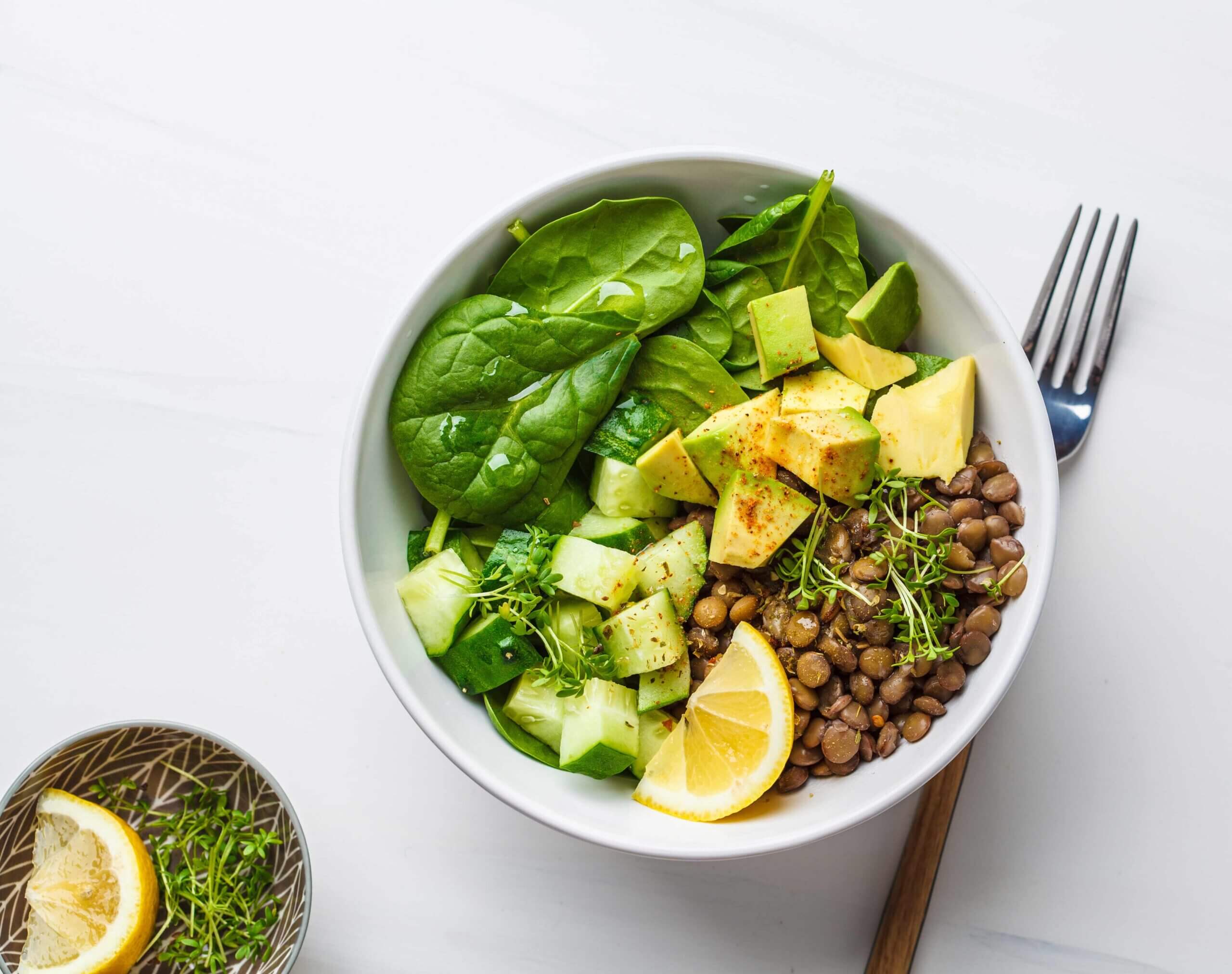
Ever heard of "inflamm'ageing"?
When chronic inflammation is present in the body – often linked to an unbalanced microbiome and a permeable gut wall (leaky gut) – cell communication is impaired. This accelerates the ageing of cells, as they stop dividing and producing new collagen and elastin proteins.
A significant percentage of these vital supporting proteins can be lost every year! This process is also referred to as inflammatory ageing, or more specifically: “inflamm’ageing”.
The term was introduced in the early 2000s by Claudio Franceschi, a professor of immunology at the University of Bologna. It describes chronic inflammation that leads to premature ageing of the cells of the epidermis and dermis – i.e. both the upper and deeper layers of the skin.
The visible effects of inflamm’ageing, including wrinkles, fine lines, dryness and a pale complexion, appear much faster than with the natural ageing process! [3]
Preventing leaky gut: strengthen your microbiome
As you may already suspect, a balanced gut microbiome helps to regulate inflammation. And this, in turn, naturally has a positive effect on skin health.
Probiotics and prebiotics support intestinal balance and help to slow down the skin’s ageing process.
A study directly from Claudio Franceschi states: “The gut microbiome plays a central role in inflamm’ageing – due to its ability to release inflammatory products. The microbiome interacts with other organs and systems of the body – and thus drives premature ageing processes.” [4]
A holistic approach to anti-ageing
I would like to encourage you to view anti-ageing as a holistic approach. When you buy anti-ageing products, please make sure that they are sustainable natural cosmetics or – even better – fresh cosmetics. It is just as important that these products are free from harmful ingredients such as microplastics, mineral oils, and fragrance, colour and filler substances. I’ll share my heartfelt recommendation with you a little further down.
Also focus on a healthy, vegan and balanced diet that is rich in antioxidants, high-quality fibre and vitamins – this will support your skin from the inside out.
Stay active and move your body. Exercise in the fresh air is not only good for the body, but also for the soul.
And one of the most important points: laugh often, laugh loudly, laugh from the heart and don’t take life too seriously. Nurture your relationships with your loved ones and surround yourself with people who are good for you. Enjoy every day and be grateful for the chance to experience it. Always remember: true beauty comes from within.
shop
A highly concentrated formula with long-lasting effects: this revitalising serum boosts the skin and smooths wrinkles over time by stimulating cell regeneration and renewal. The skin immediately looks fresher and more youthful.
Would you like to learn more about the fascinating world of the gut? Find out more here.
Disclaimer: This text is in no way a substitute for professional advice from a doctor or pharmacist and must not be used as a basis for independent diagnosis or for starting, changing or stopping treatment of illnesses. Always consult a trusted doctor if you have any health questions or complaints. Greentrinsic accepts no liability for any inconvenience or damage resulting from the use of the information presented here.
Source:
1 Xie, K.; et al. (2022): Deep phenotyping and lifetime trajectories reveal limited effects of longevity regulators on the aging process in C57BL/6J mice. Nature Communications,(https://www.nature.com/articles/s41467-022-34515-y?)
2. Xu, C.; et al. (2019) Aging progression of human gut microbiota. BMC Microbiology, (https://bmcmicrobiol.biomedcentral.com/articles/10.1186/s12866-019-1616-2?)
3. Franceschi, C.; et al. (2000): Inflamm-aging. An evolutionary perspective on immunosenescence. Ann N Y Acad Sci, (https://pubmed.ncbi.nlm.nih.gov/10911963/)
4. Franceschi, C.; et al. (2018): Inflammaging: a new immune-metabolic viewpoint for age-related diseases. Nat Rev Endocrinol, (https://pubmed.ncbi.nlm.nih.gov/30046148/)
